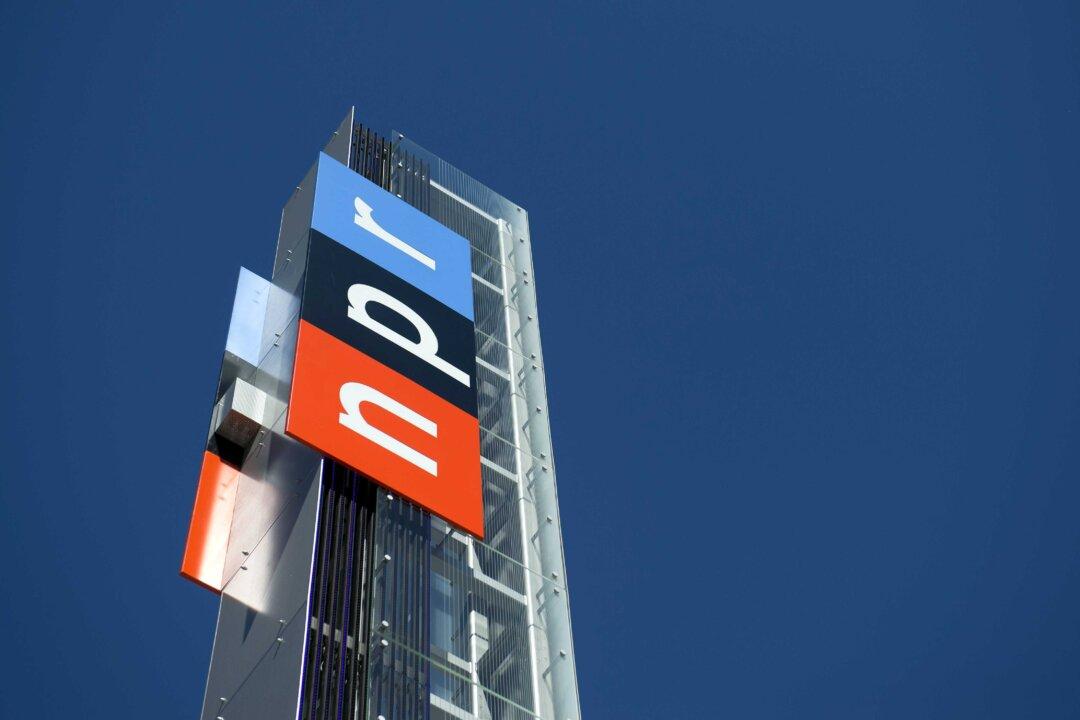Commentary
In this era of the pandemic, it’s even more important than otherwise that the general public has unbiased information at its disposal.

In this era of the pandemic, it’s even more important than otherwise that the general public has unbiased information at its disposal.